-

+86-577-57156888
-

-

+86-577-57155869
-

11th Floor, Building 6, Headquarters Economic Park, Yueqing, Zhejiang, China
The Role of Frequency Converters in Optimizing Industrial Efficiency
Industry News-In today’s competitive industrial environment, optimizing efficiency and reducing operational costs are top priorities for many businesses. One of the effective solutions for achieving these goals is the use of frequency converters. These devices, also known as variable frequency drives (VFDs), have gained popularity in a wide range of industries for their ability to regulate the speed of electric motors and optimize energy usage. The ability to control motor speed and performance through a frequency converter has proven invaluable in enhancing productivity, reducing energy consumption, and extending the lifespan of machinery. As the need for energy-efficient solutions continues to grow, the role of frequency converters has become more prominent.
What Is a Frequency Converter?
A frequency converter is an electronic device that converts the frequency of an electrical signal to another frequency. It primarily regulates the speed of electric motors, adjusting the power supply’s frequency to control the motor's operation. By changing the frequency, these devices can control the speed, torque, and power consumption of a motor, leading to more efficient and cost-effective operations. Frequency converters are typically used in applications where the motor speed needs to be varied, such as in HVAC systems, conveyor belts, pumps, and other industrial machinery.
These converters operate by converting the incoming AC power to DC power and then inverting it back to AC power at a different frequency. This adjustment allows the motor to run at the desired speed without wasting energy or generating unnecessary heat.
Benefits of Frequency Converters
The growing adoption of frequency converters in various industries can be attributed to the numerous advantages they offer. These include:
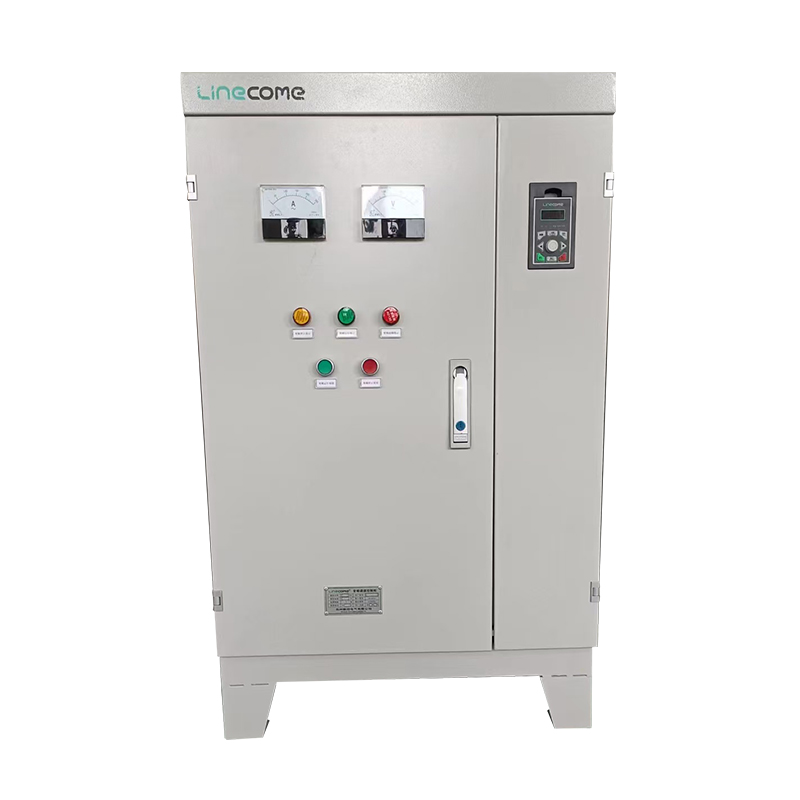
Energy Efficiency: One of the primary benefits of using frequency converters is their ability to reduce energy consumption. Motors typically consume more energy than necessary when running at a constant speed. With a frequency converter, the speed of the motor can be adjusted based on the actual demand, reducing energy usage and cutting costs. This feature is particularly valuable in applications where motors are running at partial load for extended periods.
Cost Savings: By improving energy efficiency, frequency converters can lead to significant cost savings. In industries where energy costs represent a substantial portion of operational expenses, frequency converters offer an effective means of reducing these costs. Over time, the savings on energy bills can offset the initial investment in the frequency converter, resulting in a positive return on investment.
Improved Process Control: Frequency converters provide precise control over motor speed, which is crucial for many industrial processes. For example, in manufacturing, it is often necessary to adjust the speed of production lines to match varying demand. A frequency converter allows for smooth and accurate adjustments, ensuring that processes are running at efficiency.
Reduced Wear and Tear: When motors are run at a constant speed, they can experience excessive wear and tear, leading to maintenance issues and reduced lifespan. Frequency converters help reduce mechanical stress on motors by allowing them to run at the appropriate speed for each task. This not only improves the motor's performance but also extends its operational life.
Enhanced Equipment Protection: Frequency converters also offer protection for industrial equipment by preventing issues such as overcurrent and overheating. By controlling the motor's speed and preventing it from running too fast or too slow, frequency converters help reduce the risk of damage to equipment. This can lead to fewer breakdowns and a more reliable operation.
Flexible and Versatile Applications: Frequency converters are highly versatile and can be used in a wide range of applications across various industries. They are commonly found in HVAC systems, pumps, fans, elevators, conveyor systems, and industrial machinery. Their ability to adjust the speed of motors makes them ideal for applications where variable speeds are required.
 English
English 中文简体
中文简体 عربى
عربى
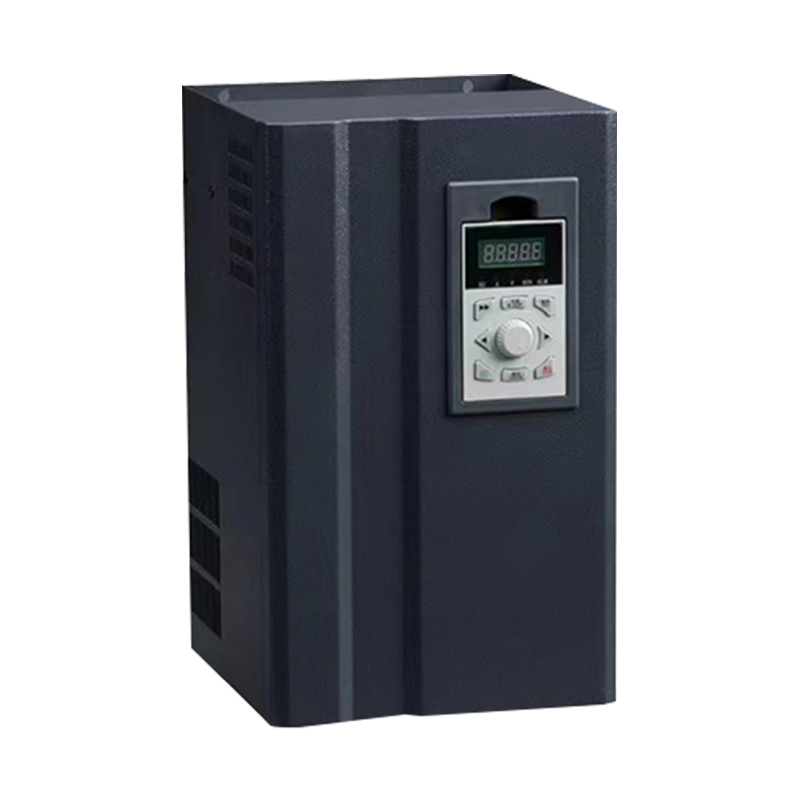
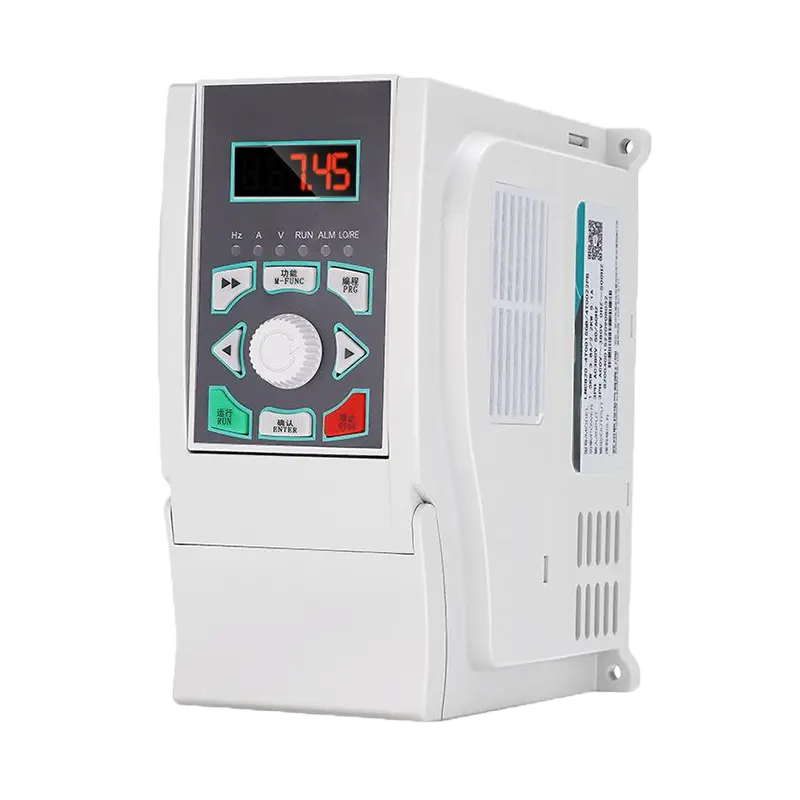
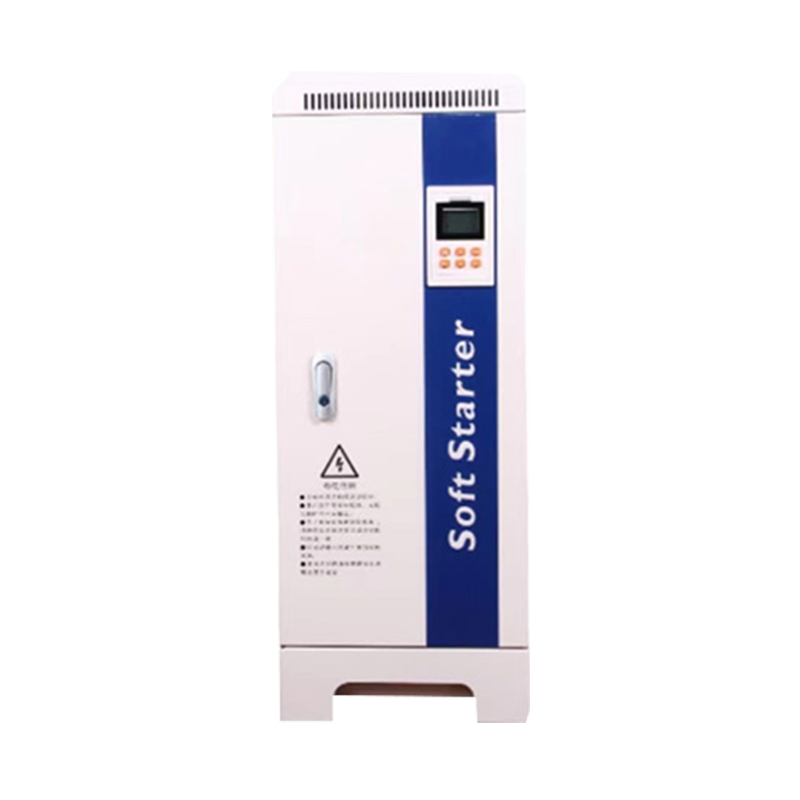
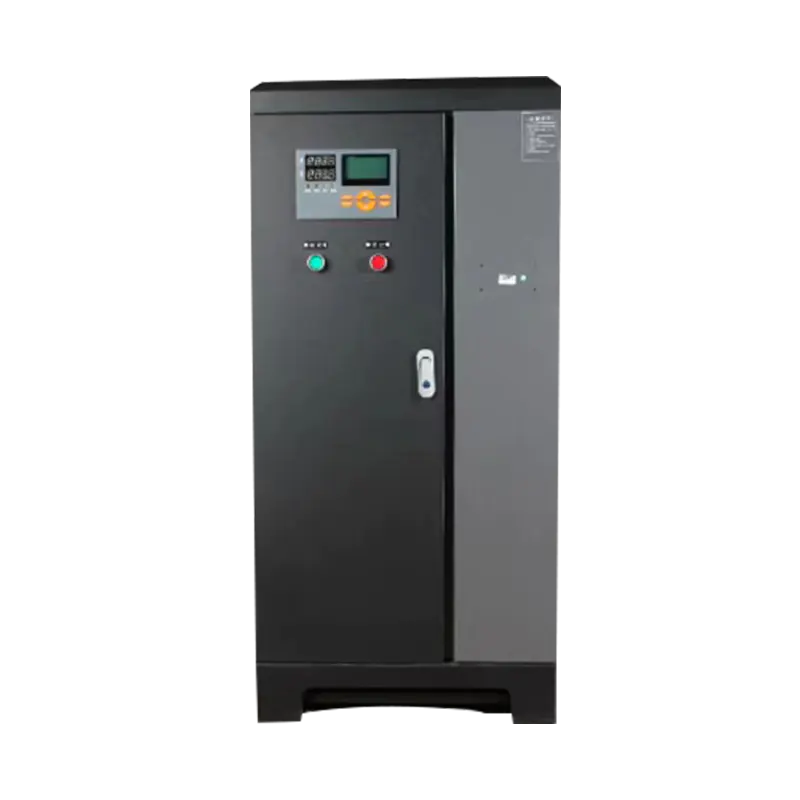

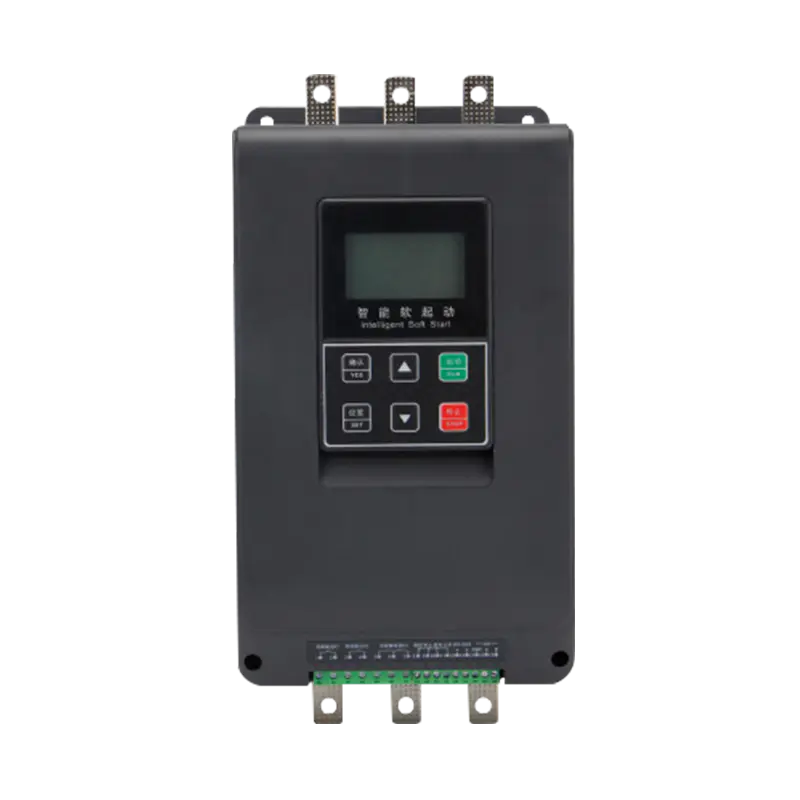

 浙公网安备33038202003754号
浙公网安备33038202003754号